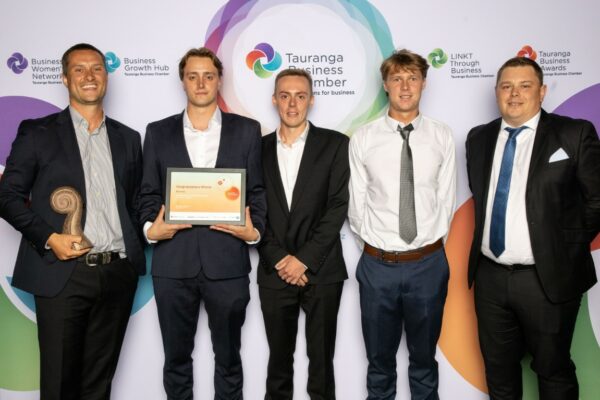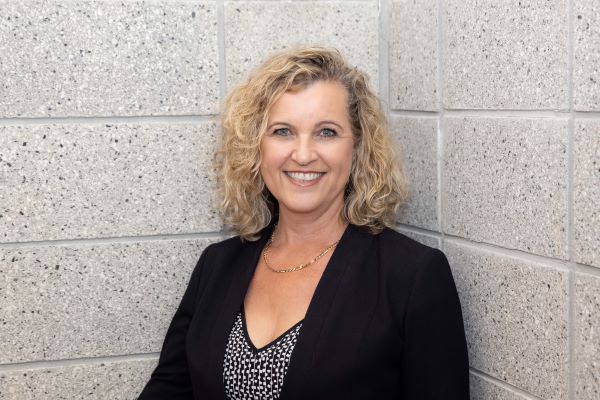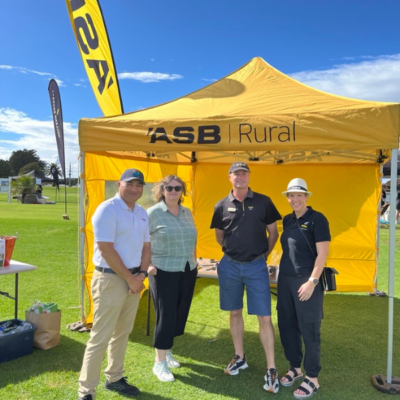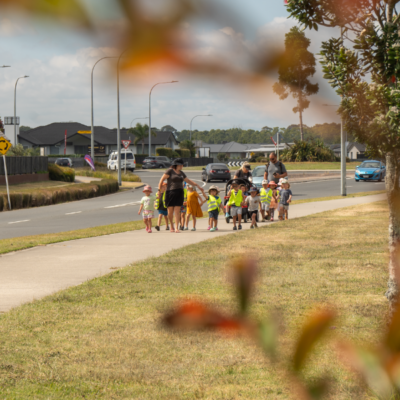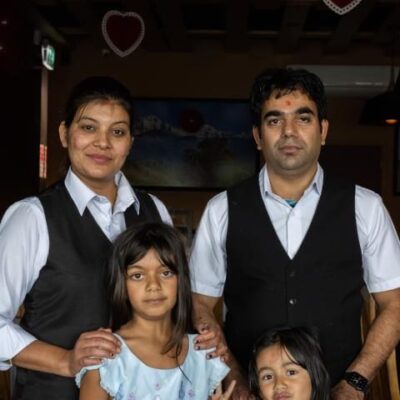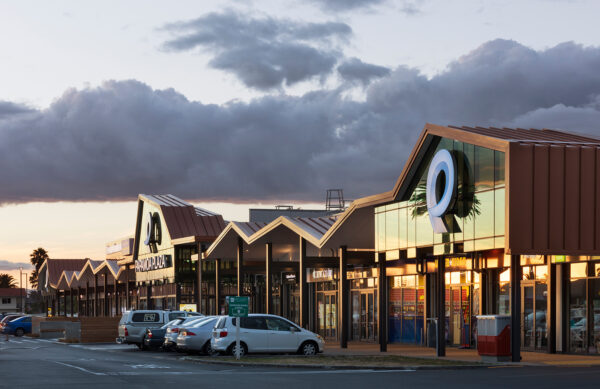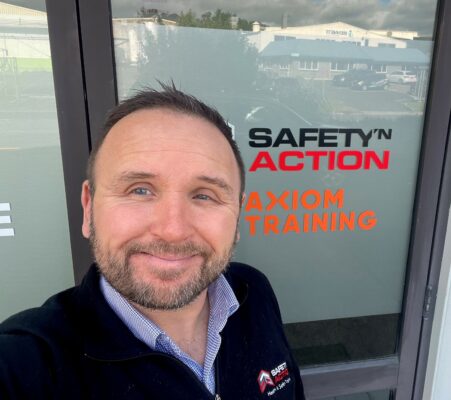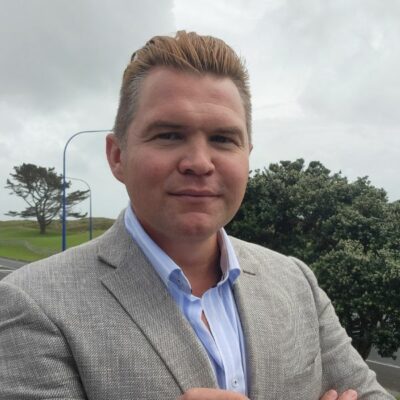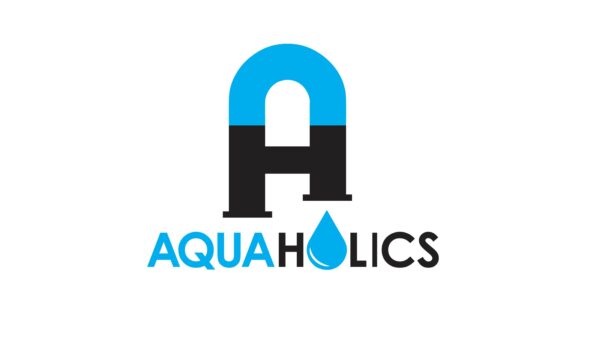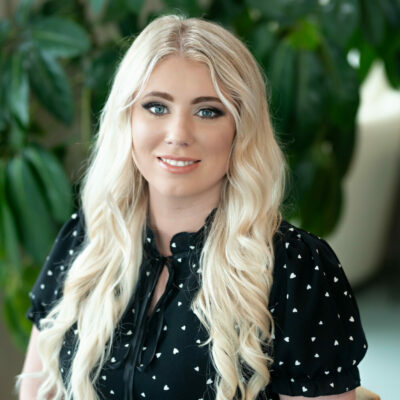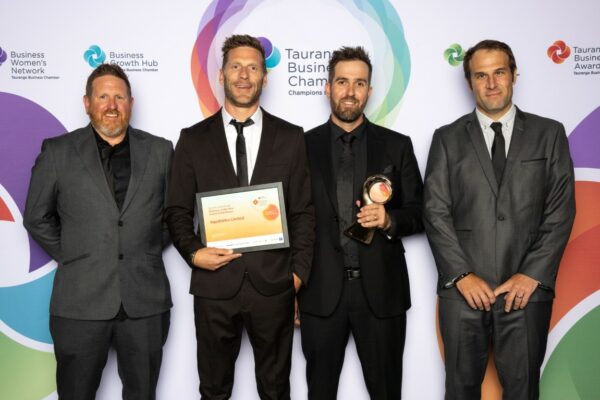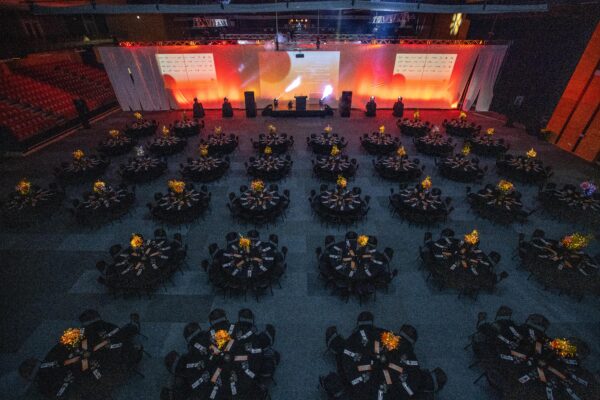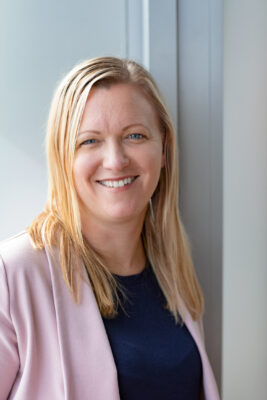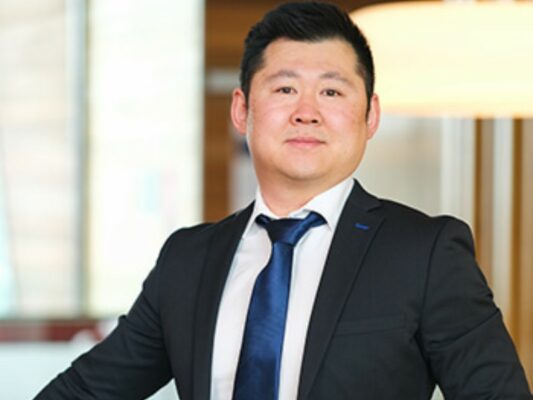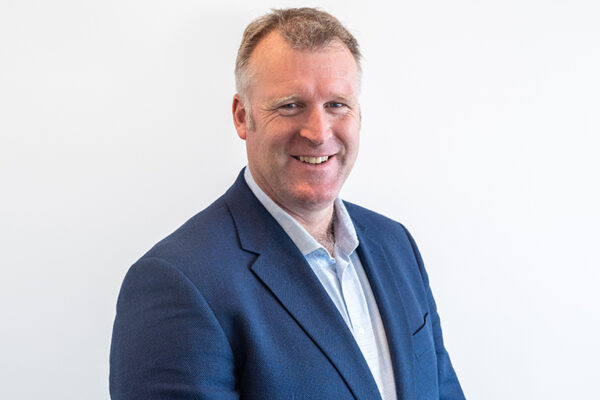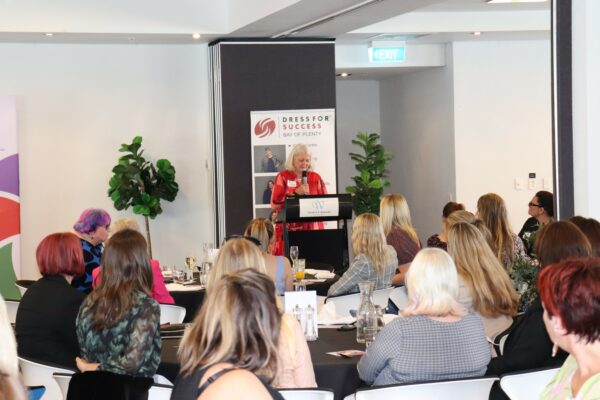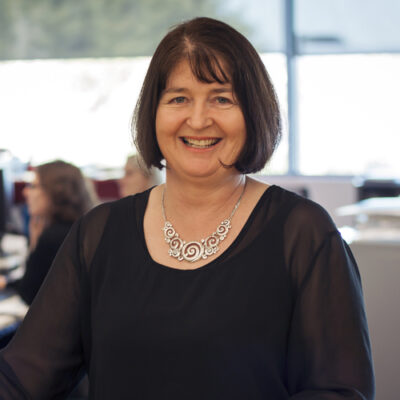Meet Chris Duggan, founder of House of Science.
House of Science has gone from strength to strength over the past eight years, helping more than 500 schools to empower both teachers and students with much-needed scientific skills and knowledge.
House of Science is experiencing a real growth period across the country – and their headquarters are based right here in the Bay! (You can experience their work first-hand at our Business at Breakfast in April; click here to register).
Find out more about Chris and House of Science!
Tell us a bit about your background – your career to date, your experience… basically, how what you have done has got you to where you are today.
I trained as a biochemist and taught secondary school science for 15 years. In July 2013 I left my teaching job to set up a charity called House of Science. We empower primary teachers to deliver great science lessons through a resource kit library and professional development programmes.
When did you start your organisation? How long have you been operating?
The House of Science started servicing schools in the Western Bay of Plenty in January 2014. We now work with more than 500 schools in 16 regions, delivering more than 300 science resource kits every fortnight.
Why did you start your organisation?
Throughout my time as a science teacher, I developed a growing sense of concern about the lack of science knowledge students had when arriving at high school. When I read an E.R.O. report in 2013 that stated over 70% of NZ’s primary and intermediate schools lack an effective science programme, I decided something needed to be done.
I had no experience running a business so had to learn very quickly about accounting, websites, PR and marketing. I also had to find support – applying for grants, finding business sponsors and looking for volunteers to help deliver the service.
Tell us about your business.
House of Science provides teacher professional development and develops relevant, comprehensive resource kits with all the materials needed to carry out engaging science lessons. The bilingual kits are delivered to schools using a subscription-based library system.
We aim to see every child in New Zealand become scientifically literate. This means they have a clear understanding of science concepts and processes encountered in their daily lives. Improving scientific literacy will have a huge economic and social benefit to New Zealand.
Our future economy depends on advancements in clean technology, automation and digital innovation. A scientifically literate workforce will have the skills to embrace this future of work.
What makes your business unique?
House of Science is the only organisation providing primary teachers with physical science resources across all science topics, from forensics to forces, and meteorology to microbes. We receive no Government funding, most of the cost of our service is covered by grants, sponsors and donors and we rely heavily on volunteer input. This ensures cost is not a barrier for schools.
When you first got into business, what is the one thing you wish people told you?
Get a business mentor who has experience in your industry and is prepared to ask the hard questions.
In your first year of business, what challenges did you face and how did you overcome them?
Demand for the science resource kits was much greater than anticipated so I had to quickly find a team of volunteers to help deliver and maintain the science kits. I attended many Lions, Rotary and Probus meetings to recruit support, resulting in a dedicated and passionate team of willing volunteers, some of whom still help out today.
And now, looking back, what have been your biggest learnings?
Applying for community grants is a specialised skill and although I improved over time, I now have a very capable person in this role which has made a huge difference.
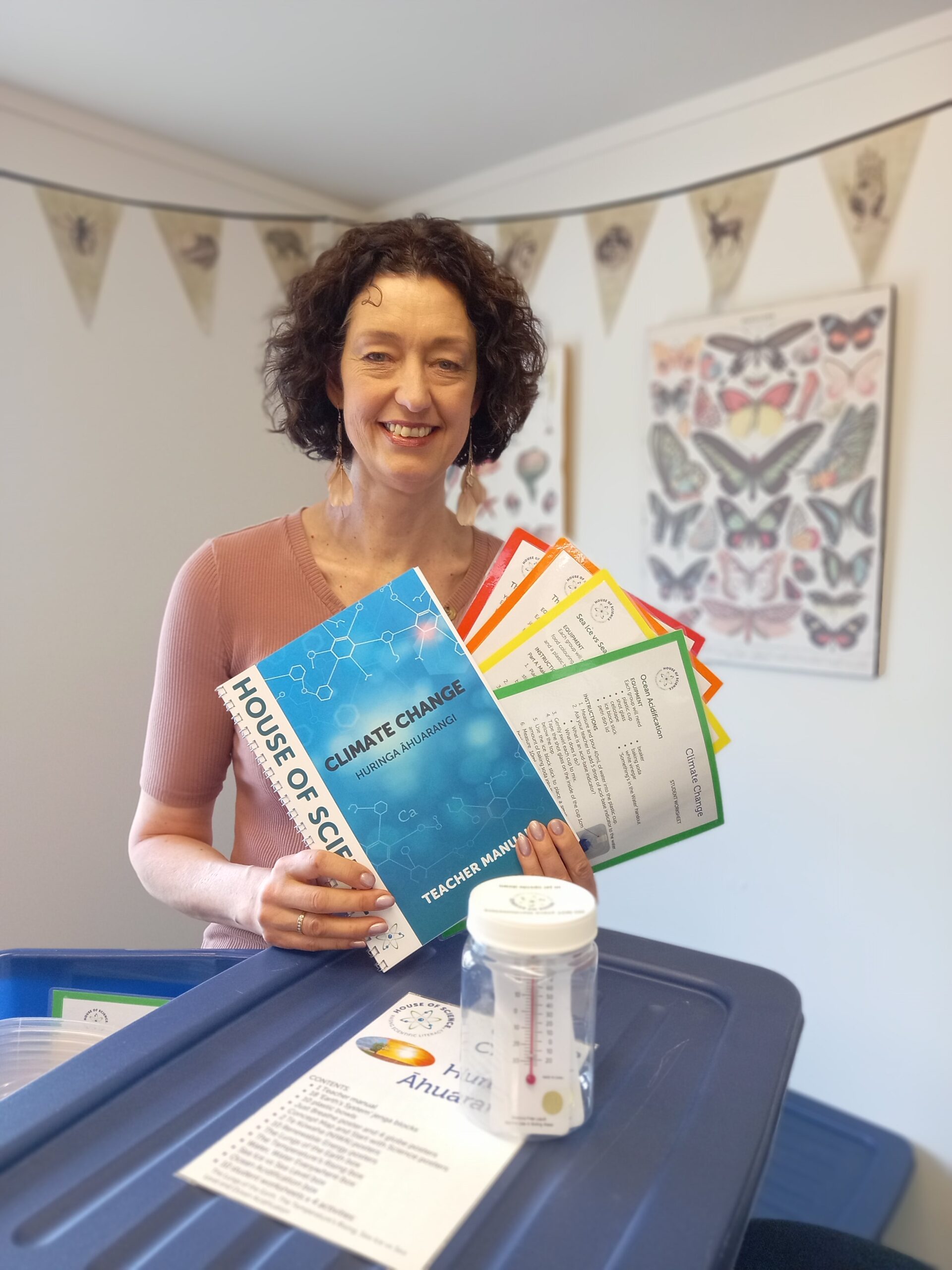
What’s the one misconception people might have about your industry?
People assume all New Zealand schools are well resourced to teach all subjects. This is simply not true.
Schools receive a set amount of funding from the Ministry of Education and have a lot of autonomy to decide how that money is spent. The growing need to feed and clothe children is taking precedent over curriculum resources.
As well as a shortage of equipment, most primary trained teachers lack the confidence to teach science. The result: 80% of students aged 12yrs are not at the expected curriculum level in science, making it the worst taught subject in our primary and intermediate schools.
What’s the one thing you want people to know about your business?
How is it funded? Answer: Through generous partners such as the Wright Family Foundation, sponsors like The MacDiarmid Institute and grants from TECT, BayTrust and many others.
What are your goals (personal and professional) for the next six to 12 months?
Our ultimate goal is to service all NZ primary and intermediate schools. That’s a long game, we are currently in 25%.
In the next 12 months we are committed to strengthening our teacher professional learning and development programme. This includes a new team of staff who will be based in various regions, servicing our growing number of member schools.
When you’re not at work, how do you like to spend your time?
We have recently moved to a 400-acre sheep and beef farm and my mission is to turn the paddocks around the house into a garden. I also enjoy singing and am looking forward to a time when our little community choir can start up again.
If you could impart one piece of advice to fellow business owners, what would it be?
To fellow charity founders: don’t give up, guard your vision and find likeminded people to walk alongside you.
